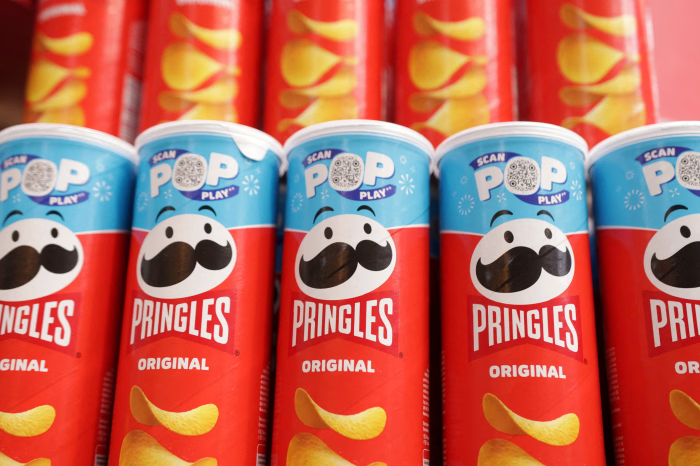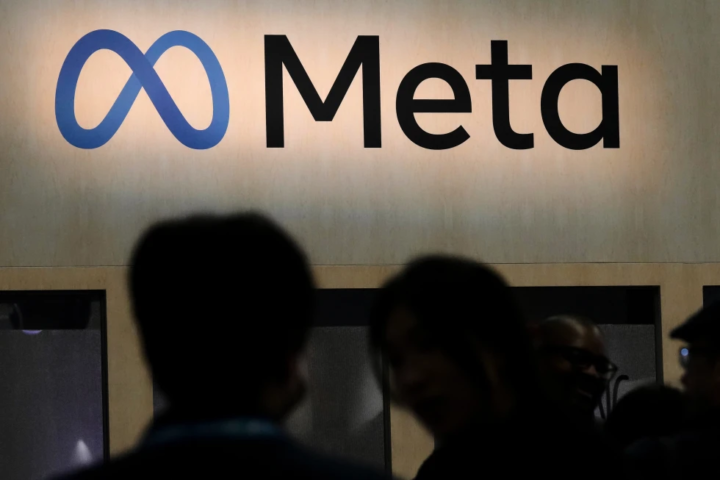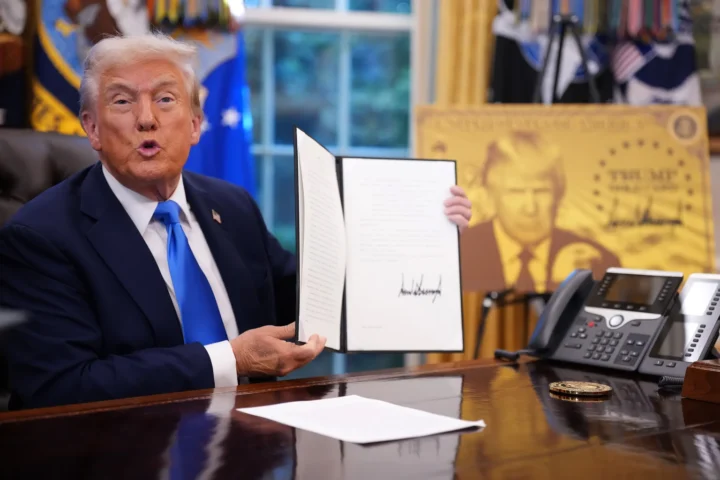Mars Inc. just missed a big deadline in its $36 billion plan to buy Kellanova—the snack giant behind Pringles, Pop-Tarts, and Cheez-It. The EU had asked Mars to offer some fixes to avoid antitrust concerns by June 18. Mars didn’t send anything. Now the deal’s headed into a much deeper, messier investigation.
What’s Going On?

At the heart of it: snacks. Too many, from the same company. If this merger goes through, Mars would own a huge chunk of the snack aisle—M&M’s, Snickers, Pringles, Cheez-It, Pop-Tarts. That’s a lot of power over what people eat and what stores pay to stock it.
European regulators are worried that Mars could use that power to strong-arm retailers, push up prices, and limit choices—especially now, with grocery costs already sky-high across Europe.
Retailers are spooked. Consumer groups are raising red flags. And the EU wants answers.
What Happens Now?
Since Mars didn’t offer any proposals to ease those worries by the deadline, the EU’s review automatically escalates. The next phase—called Phase II—is a full-blown investigation that could stretch into October.
Mars had hoped to close the deal earlier this year. Now it’s looking like late 2025, if things go smoothly. The deal has a built-in August 13 deadline, but it can be extended. If not, either company could walk—and if Mars is forced to give up too much, it might.
Why This Is a Big Deal
The U.S. has already approved the deal without fuss. So the EU is the last big hurdle. And this delay means the EU might ask Mars to ditch some major brands to get the green light—maybe even Pringles or Cheez-It.
That would be a big loss. And if Mars says no, the whole thing could fall apart.
For Kellanova, that means more time in limbo, which isn’t great for business or investors. For Mars, it’s a gamble: either give regulators what they want or risk losing the deal.
What’s Next?
Mars is still saying all the right things—they’re cooperating, they’re optimistic, they think the deal will be good for shoppers. But missing this deadline raised eyebrows.
There’s still time for Mars to come back with a smaller set of concessions later in the process, once the EU lays out exactly what it wants. But for now, the pressure is on.
Bottom Line
Mars could’ve tried to head off the EU’s concerns early. Instead, they held back—and now they’re facing a much bigger fight. Whether this deal goes through now depends on how much Mars is willing to give up—and how hard regulators decide to push back.






